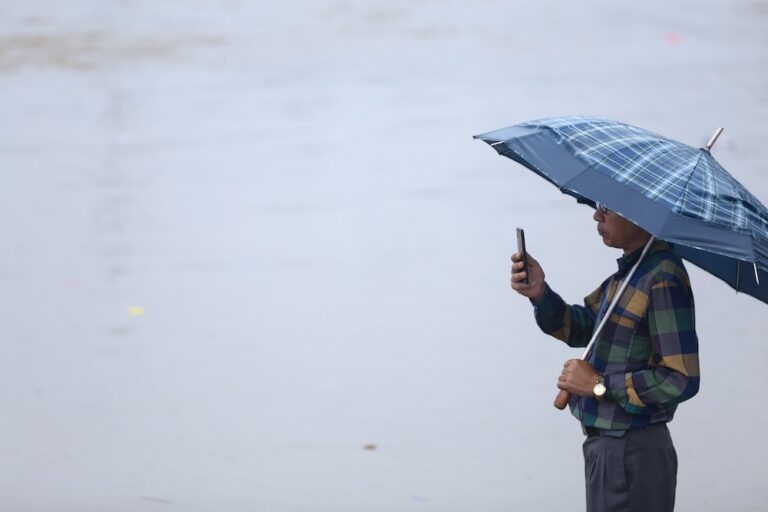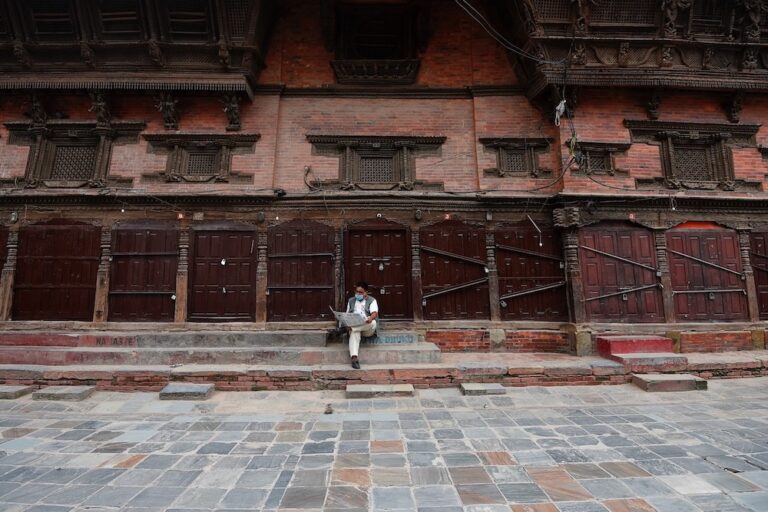(CEHURDES/IFEX) – The following is a 22 August 2002 CEHURDES press statement: The Center for Human Rights and Democratic Studies (CEHURDES) condemns the brutal murder of Nava Raj Sharma, editor of “Kadam” weekly, published in the remote northern district of Kalikot. Maoist insurgents abducted Sharma on June 1, 2002 at Syuna VDC, in the district. […]
(CEHURDES/IFEX) – The following is a 22 August 2002 CEHURDES press statement:
The Center for Human Rights and Democratic Studies (CEHURDES) condemns the brutal murder of Nava Raj Sharma, editor of “Kadam” weekly, published in the remote northern district of Kalikot. Maoist insurgents abducted Sharma on June 1, 2002 at Syuna VDC, in the district. His badly mutilated body was recovered in the area. According to local journalists, he was also the president of the Federation of Nepalese Journalists’ (FNJ) ad-hoc committee in Kalikot.
Maoists ripped out his eyes, cut off his arms and legs and shot him, local people told journalists and human rights workers in Kalikot. The journalists and human rights workers had gone to the region last week as part of a human rights monitoring mission. The mission was conducted by the National Human Rights Commission (NHRC).
Mr. Sharma was also the editor of “Karnali Sandesh”, which was the first newspaper from Kalikot. He resigned from “Karnali Sandesh” and started publishing “Kadam” weekly in 1998. At first, “Kadam” was a monthly magazine. Later on, it began publishing on a fortnightly basis, and it recently became a weekly newspaper. Unconfirmed reports suggest the newspaper may have since closed. No newspapers are currently being published in the Karnali zone.
Mr. Sharma was a permanent resident of Sipkhana VDC, bordering on Syuna VDC, where he was killed. All communications with the Karnali zone, which includes the Kalikot district, have been cut since December 1, 2001, when Maoist rebels destroyed the telephone tower, five days after the declaration of a state of emergency in the country.
Mr. Sharma was also a teacher at the local Badimalika Secondary School. He was on surveillance from both the administration and Maoist rebels. Maoists have frequently warned journalists in Kalikot not to write about the security forces.
CEHURDES calls upon both parties in the ongoing conflict in Nepal – the underground Maoists and the Nepalese government – to respect journalists’ right, as well as the right of every citizen in the country, to live and work in an environment free of fear. We urge HMG/Nepal to conduct a probe into the circumstances leading to the murder of Mr. Sharma and bring the culprits to book.
CEHURDES would also like to express its full support and solidarity to the ongoing relay hunger strike launched by the FNJ at Bhadrakali, in Kathmandu, since Wednesday, August 21. We extend our full support for the demands put forward by the FNJ, including the demand that the government constitute a judicial commission to probe into atrocities committed by the security forces against media personnel since the imposition of the state of emergency in November last year.
CEHURDES takes this opportunity to urge HMG/Nepal to immediately open a dialogue with the FNJ and fulfill all of their demands.
According to a CEHURDES survey, nearly 140 journalists and media personnel have been taken into custody or mistreated, and some have reportedly been tortured, over the last nine months. Over two dozen journalists are still languishing in different jails in the country.
CEHURDES repeats its demand that the government release all media personnel and immediately stop the detention of reporters without charge.
Pradip Ghimire
Secretary


